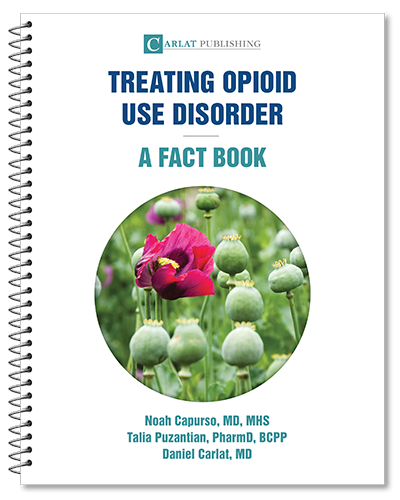Psychedelic Mushrooms May Help Treatment Resistant Depression
Board-Certified Clinical Psychologist, San Antonio, TX
Dr. Moore has disclosed that he has no relevant financial or other interests in any commercial companies pertaining to this educational activity.
Subject:
(Carhart-Harris RL et al, Lancet Psychiatry, 2016; Epub ahead of print)
Short Description:
Mushrooms have been used as medicine for thousands of years, but it wasn’t until the 1950s that scientists took note of their potential healing properties. Psilocybin, a naturally occurring and psychedelic compound of the Psilocybe species of mushrooms, has garnered the most attention.
Psilocybin is essentially a serotonin 2A agonist. Theoretically, this action should mediate depressive symptoms, but we don’t know for sure because no available antidepressants are direct agonists of this receptor. Researchers from the United Kingdom set out to see if this is indeed the case.
As part of an open-label feasibility study, six men and six women with moderate to severe treatment resistant depression (defined as two failed antidepressant trials) were administered a 10 mg oral dose of psilocybin and another 25 mg dose one week later. The goal of the first, lower dose was to test safety and tolerability; the second dose was the actual treatment. Researchers then monitored depressive symptoms with the Quick Inventory of Depressive Symptoms (QIDS) 1 week and 3 months post-treatment.
Overall, patients tolerated the psychedelic experience well. Short-term confusion or unclear thinking (n=9), nausea (n=4), and headaches (n=4) were the most common adverse effects. However, all patients experienced transient and mild to moderate anxiety shortly after taking the drug. It’s important to note that no patients dropped out of treatment because of side effects or the intensity associated with taking a psychedelic drug. Compared to baseline, scores were 11.8 and 9.2 points lower on the QIDS at 1 week and 3 months post-treatment, respectively.
TCPR’s Take: Exploring novel methods for battling treatment resistant depression is important since many patients don’t respond to antidepressants or psychotherapy. Ketamine (see TCPR, June 2016) and ultra-low dose buprenorphine (see TCPR, July/August 2016) are perfect examples. Both are “outside the box” treatments for severe depression and show tremendous promise. Psilocybin, a naturally occurring chemical found in certain psychedelic mushrooms, may have just joined their ranks. Although this is a very small, uncontrolled study, the initial results are promising and open the door for a more definitive, randomized clinical trial.

Newsletters
Please see our Terms and Conditions, Privacy Policy, Subscription Agreement, Use of Cookies, and Hardware/Software Requirements to view our website.
© 2025 Carlat Publishing, LLC and Affiliates, All Rights Reserved.


_-The-Breakthrough-Antipsychotic-That-Could-Change-Everything.jpg?1729528747)



